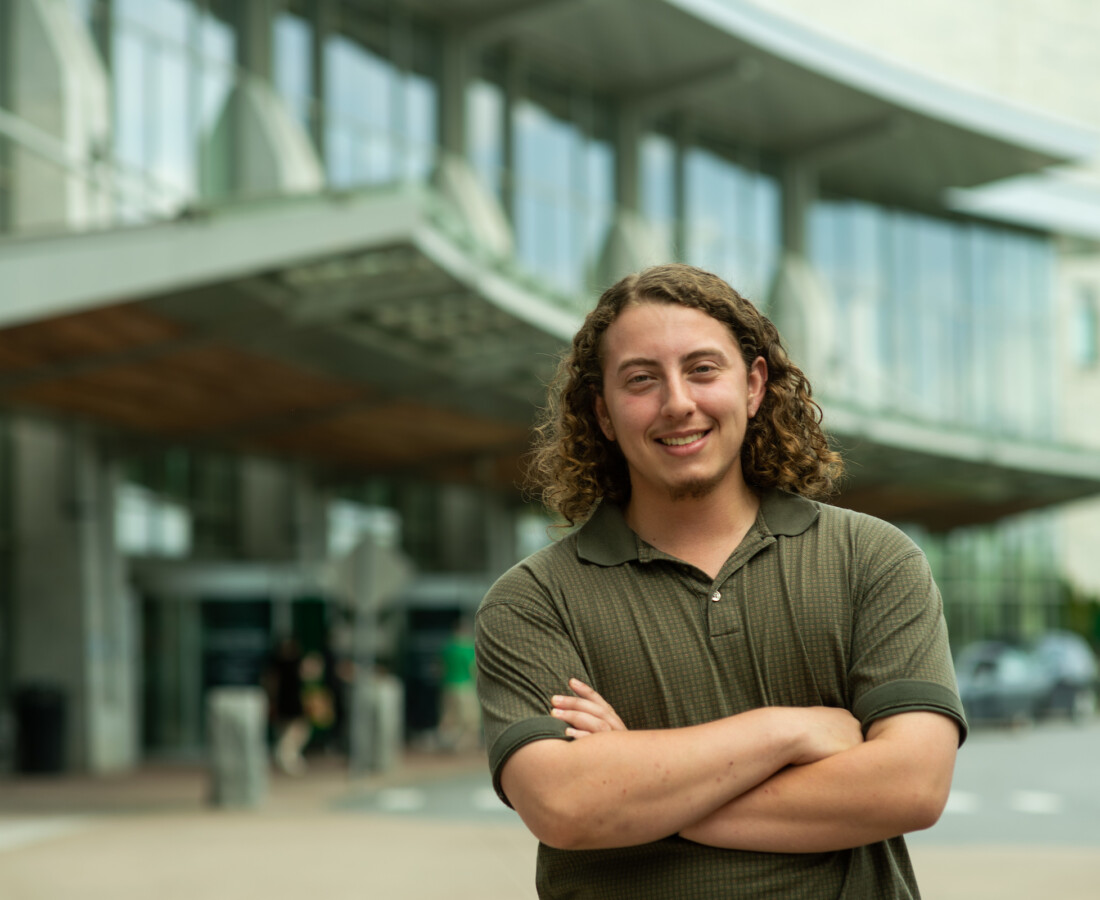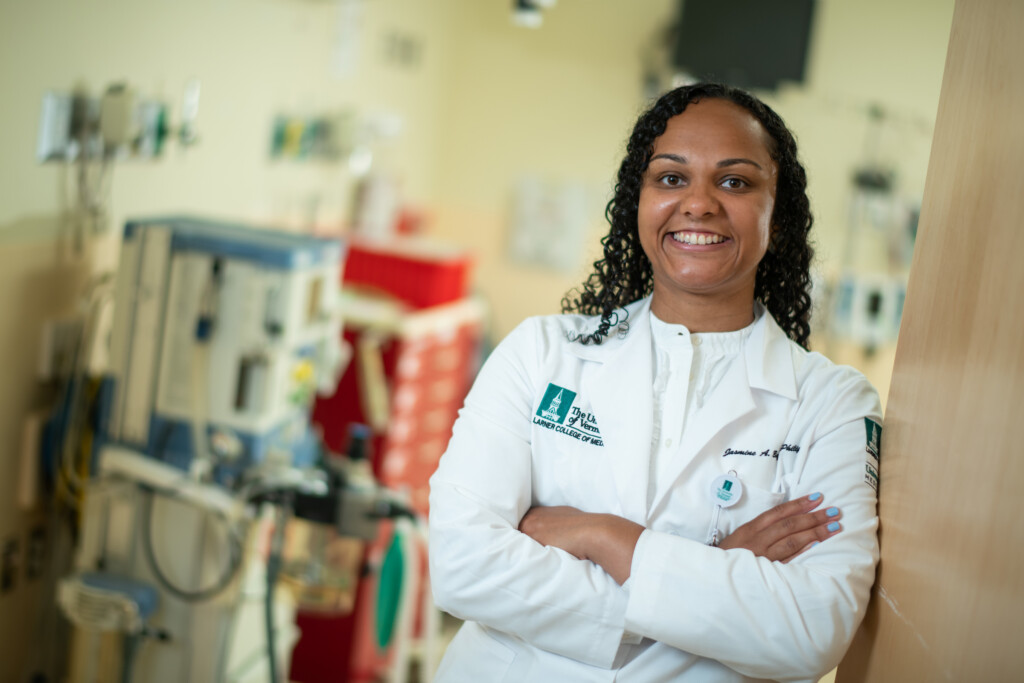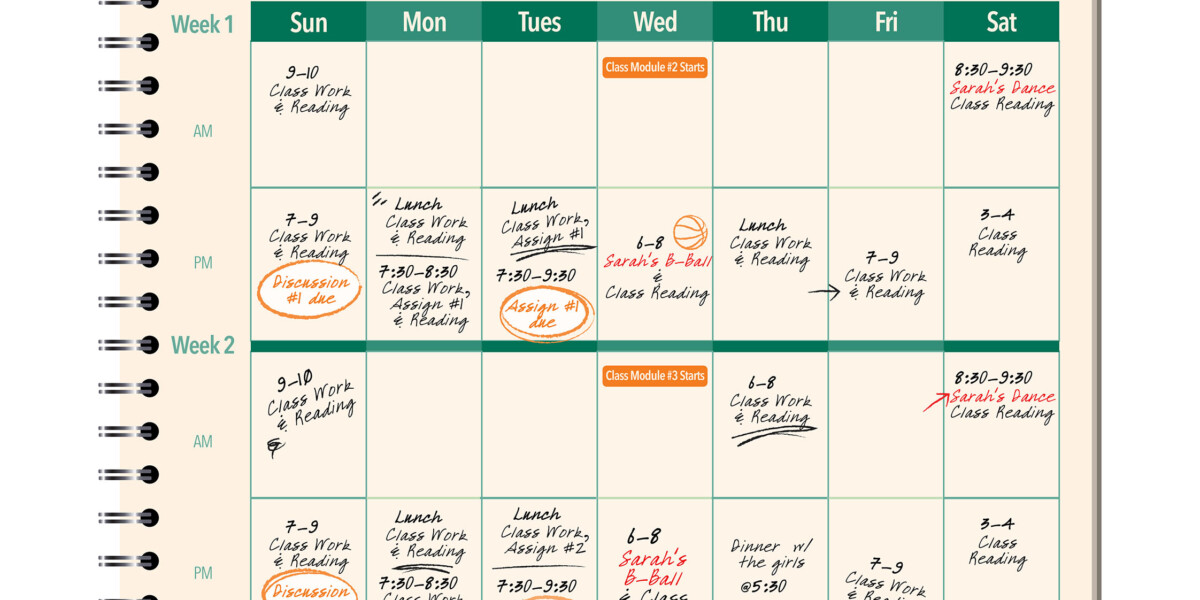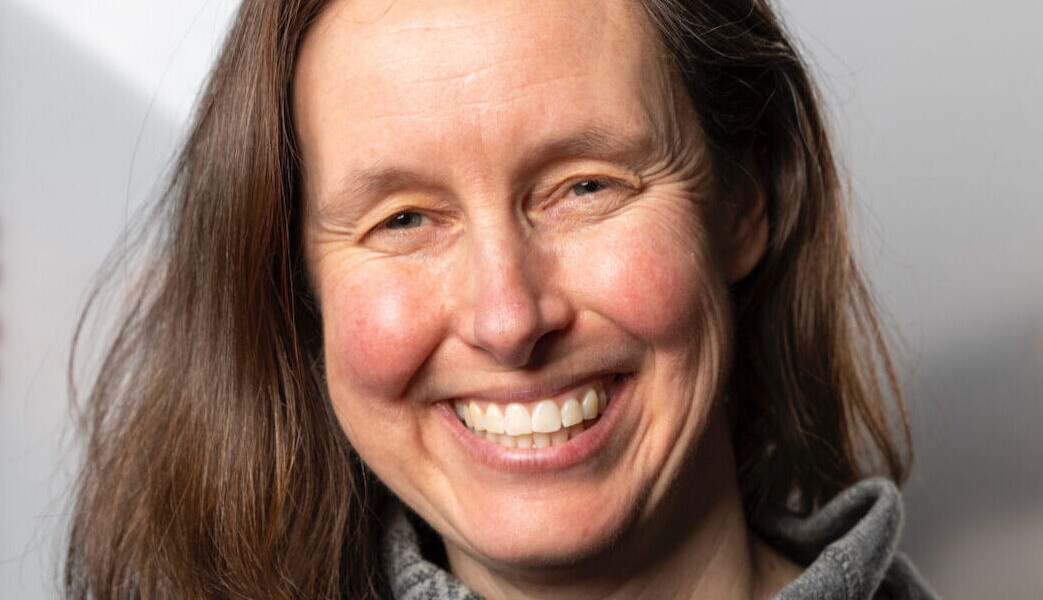Carter Shapiro ’20 was halfway through his undergraduate degree in anthropology at The University of Vermont when he started thinking about medical school.
After graduation, he decided to apply to UVM’s Post-Baccalaureate Premedical Program.
“I chose the post-bacc pre-med program at UVM because I was looking for a program where I could gain the educational requirements and support along the way in order to get into medical school,” he says. “I decided on UVM because I graduated there with a degree in anthropology in 2020 and I knew what kind of welcoming community was here. I knew UVM would welcome me back with open arms.”
UVM’s 12-24-month program helps students pursue medical, dental, veterinary, pharmacy, physician assistant, nurse practitioner, physical therapy, occupational therapy, and other health professions.
Shapiro plans to attend medical school and pursue a career in assisted reproductive technology.
“I’m passionate about creating accessible, equitable health care experiences and outcomes,” he says. “I’m really passionate about the reimaging of families and helping people build families.”
UVM’s program is an effective way to obtain the prerequisite coursework and access to research, direct patient care experiences, as well as a Committee Letter Process before applying to health and medical school.
Consider applying to UVM’s Post-Bacc program if you:
- You have a bachelor’s degree with a GPA of 3.2 or higher, and a strong academic record.
- You lack the science and math courses needed for admission into pre-med and pre-health professional programs.
- You want personalized advising and a supportive peer community.
- Looking to gain patient care experience.
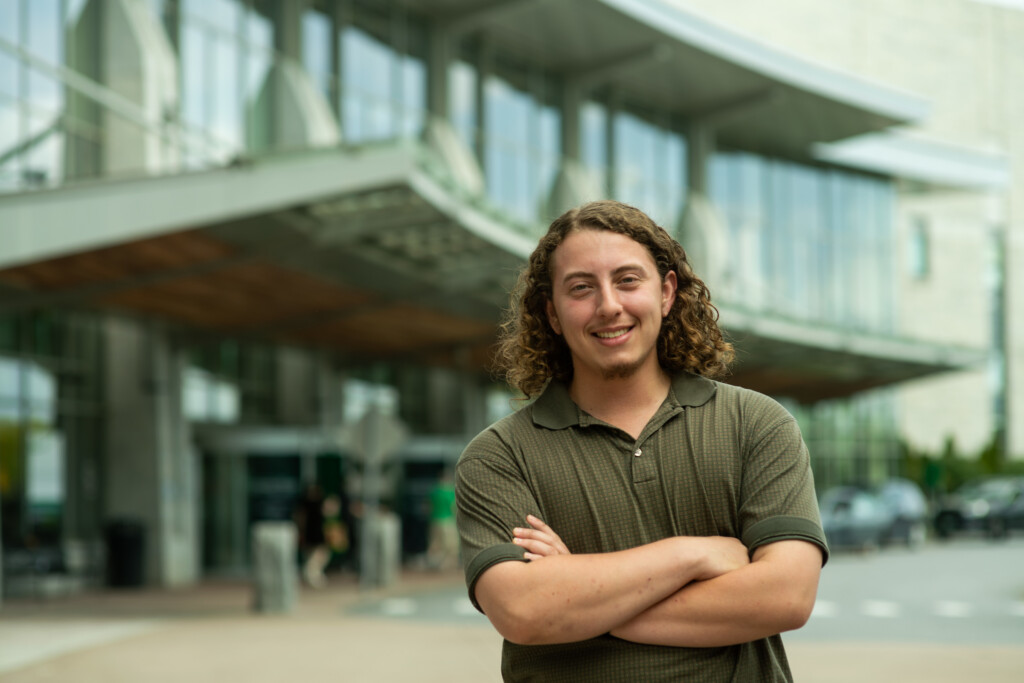
The average Post-Baccalaureate Pre-Medical student at UVM takes 26 credits during the academic year and eight credits in the summer. Financial aid and a variety of scholarships are available to students in the program.
“This program is a very vigorous, time-consuming commitment,” Shapiro says. “If you are considering applying and worried about the financial aspect, there are financial resources and support.”
Carter recommends those interested in the program to apply—even if taking science classes seems intimidating.
“It’s sometimes hard to imagine the connections between pre-med course work and practicing in the medical field, but you see those connections come up in your classes,” he says.
Using chemistry as an example, Carter says, “You’ll get into fascinating conversations about PH levels in your body and how all the systems in the body are connected through chemical processes. All of this is to say that you will find interest in the coursework if you’re interested in going into the medical field.”

